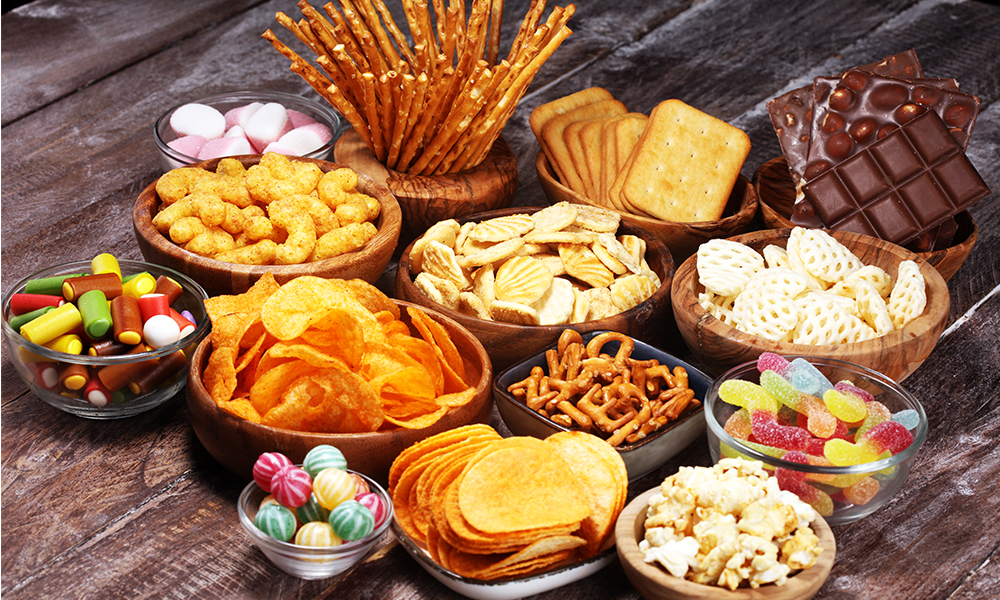Food provides us with the fuel we need to keep ourselves energized throughout the day, but as consumers’ schedules grow busier, it’s becoming increasingly hard to carve out time in our day to sit down for three consecutive meals.
As a result, snacking could eventually out space mealtime, and according to a new Mondelēz International study conducted by The Harris Poll, people across the globe are already gravitating towards this concept.
The confectionery giant’s State of Snacking report examined eating trends from 12 markets around the globe and found 59 percent of adults and 70 percent of millennials worldwide prefer eating smaller meals throughout the day as opposed to few large ones.
In today’s fast-paced environment, easy to access foods are the main reason adults and millennials prefer snacks as opposed to meals. According to the Mondelēz study, more than half of adults (53 percent), including two-thirds of millennials (66 percent) say convenience ranks as the number one driver of snack consumption worldwide.
“We see that the average global adult now eats more snacks than meals on a given day, driven by a number of evolving demands largely associated with how we live today, including a growing need for convenience, yearning to share nostalgic and cultural experiences, expanded wellbeing preferences and the desire for choices that range from wholesome to indulgent,” said Dirk Van de Put, chairman and CEO of Mondelēz International.
As consumers become more health-conscious about the food they consume, snacks that contain “wholesome” ingredients are also growing in demand. According to the report, 47 percent of adults are looking for snacks with functional ingredients and 42 percent are looking for snacks that provide more personalized nutrition.
At the same time, 77 percent of adults agree there is a “time and place for healthy snacks and a time and place for indulgent ones.”
The study also reveals snacking satisfies more than hunger, with the majority of adults (71 percent) across the globe indicating eating snacks throughout the day is just as important to their mental and emotional health as it is their physical health.
In addition, snacking also helps consumers not only find time in their day to connect with themselves but also connect with other people; according to the study, 82 percent of parents indicate “snack time” is a small way to bond with their child.
With all of these factors in mind, it’s clear snacking is a growing trend and one that is valued in a variety of different ways, providing the food industry with endless opportunities to hone in on their target consumer.
“As the snacking market continues to grow globally, we’re living our purpose to empower people to snack right by constantly learning about the many different ways consumers around the world are snacking and evolving their relationship with food,” said Dirk Van de Put, Chairman and CEO of Mondelēz International.












Join or login to leave a comment
JOIN LOGIN